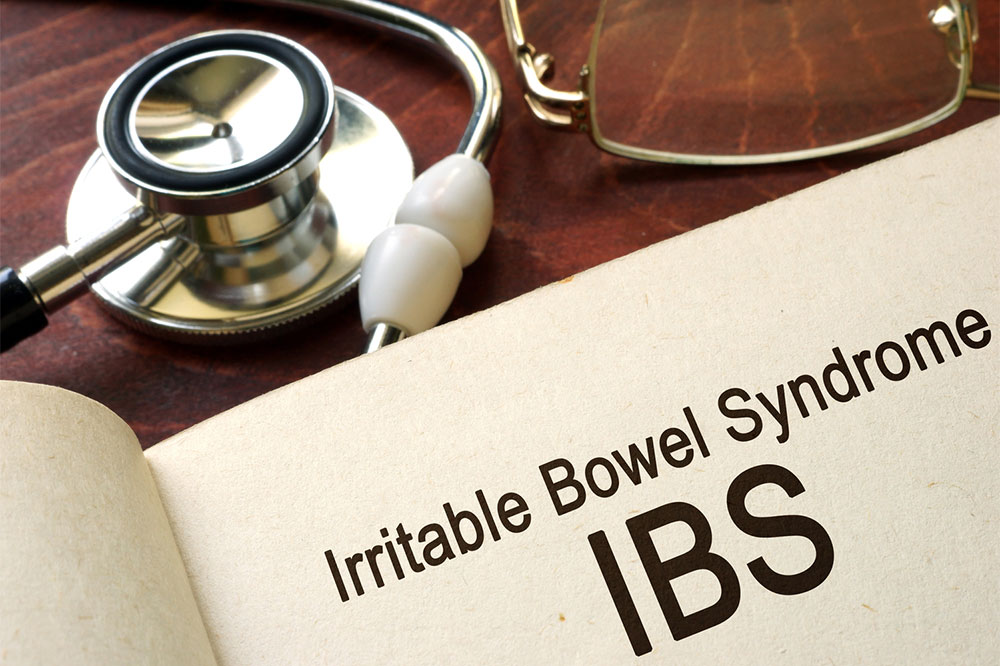Comprehensive Guide to Managing Long-term Diarrhea: Causes, Symptoms, and Effective Treatments
Long-term diarrhea requires careful diagnosis and tailored treatment. This comprehensive guide covers causes such as infections, inflammatory bowel diseases, food intolerances, and medication effects. It emphasizes the importance of proper diagnosis, dietary modifications, hydration, and medical interventions to effectively manage persistent diarrhea and prevent serious complications.

Understanding Long-term Diarrhea: Causes and Remedies
Long-term diarrhea, also known as chronic diarrhea, is a condition characterized by persistent, watery bowel movements that last for more than four consecutive weeks. This condition can significantly affect an individual’s quality of life and may signal underlying health issues that require prompt attention. In this comprehensive guide, we explore the various causes of prolonged diarrhea, its symptoms, diagnosis methods, and effective treatment options to help those affected manage and overcome this challenging condition.
Chronic diarrhea can arise from a wide range of factors. Infections caused by bacteria, viruses, or parasites are common culprits. For instance, bacterial infections such as Salmonella or Clostridium difficile can lead to persistent diarrhea, especially if untreated. Parasitic infections like Giardia lamblia are also notable causes, particularly in travelers or those with compromised immune systems. Viral pathogens such as norovirus or rotavirus can sometimes cause prolonged symptoms in certain cases, especially among vulnerable populations.
Beyond infectious causes, long-term diarrhea often stems from underlying health conditions. Inflammatory bowel diseases (IBD) like Crohn’s disease and ulcerative colitis are prominent examples. These autoimmune disorders cause chronic inflammation of the gastrointestinal tract, leading to frequent, watery stools, abdominal pain, and other symptoms. Food intolerances, especially to lactose or gluten, can trigger ongoing diarrhea when specific dietary triggers are consumed. Certain medications, including antibiotics, antacids containing magnesium, or chemotherapy drugs, are known to disrupt normal bowel function and cause persistent diarrhea.
The symptoms associated with prolonged diarrhea extend beyond just frequent trips to the bathroom. Patients often experience abdominal cramping, bloating, and urgency. Bleeding may occur if the intestinal lining is damaged or inflamed severely. Another serious concern is dehydration, which results from excessive fluid loss, leading to weakness, dizziness, and in severe cases, electrolyte imbalances that can threaten life.
Diagnosing the cause of long-term diarrhea requires a comprehensive approach. Blood tests are essential to detect signs of infection, inflammation, or anemia. Stool tests can identify specific pathogens or markers of inflammation. Imaging studies such as abdominal ultrasound or contrast-enhanced scans help visualize structural abnormalities. A colonoscopy — a procedure involving the insertion of a flexible tube into the colon — allows direct examination of the intestinal lining and biopsy collection for detailed analysis. Additional tests, including breath tests for detecting malabsorption or food intolerance, may be performed based on initial findings.
Once a diagnosis is established, the treatment plan is tailored to the underlying cause. Dietary modifications are often the first step in managing long-term diarrhea. Patients are advised to avoid dairy products if lactose intolerance is diagnosed, and reduce gluten intake if gluten sensitivity or celiac disease is suspected. Incorporating a bland, low-fat diet can help soothe the inflamed gastrointestinal tract. Hydration is crucial; drinking plenty of fluids, oral rehydration solutions, or electrolyte drinks help restore balance and prevent dehydration.
Medications are prescribed to control symptoms or address underlying issues. Anti-diarrheal agents like loperamide may provide relief temporarily; however, they are not suitable for all causes, especially infections or inflammations, without doctor supervision. For inflammatory diseases like Crohn’s or ulcerative colitis, anti-inflammatory drugs, immunosuppressants, or biologic agents are often necessary. Antibiotics are used if bacterial infections are identified, while antiparasitic drugs help eliminate parasitic infections. In cases of food intolerance, eliminating the offending foods is essential for symptom resolution.
Addressing long-term diarrhea often involves a multidisciplinary approach, including gastroenterologists, nutritionists, and primary care providers. Lifestyle modifications such as regular meal schedules, stress management, and avoiding triggers can help improve symptoms. Probiotics may also be recommended to restore healthy gut flora, especially after antibiotic use. Monitoring and follow-up are vital to adjusting treatments as needed and ensuring the resolution of symptoms.
In conclusion, long-term diarrhea is a complex condition with multiple potential causes. Early diagnosis and personalized treatment are key to managing symptoms effectively and preventing complications. By adopting appropriate dietary changes, staying well-hydrated, and working closely with healthcare professionals, patients can regain control of their digestive health and improve their overall well-being.





